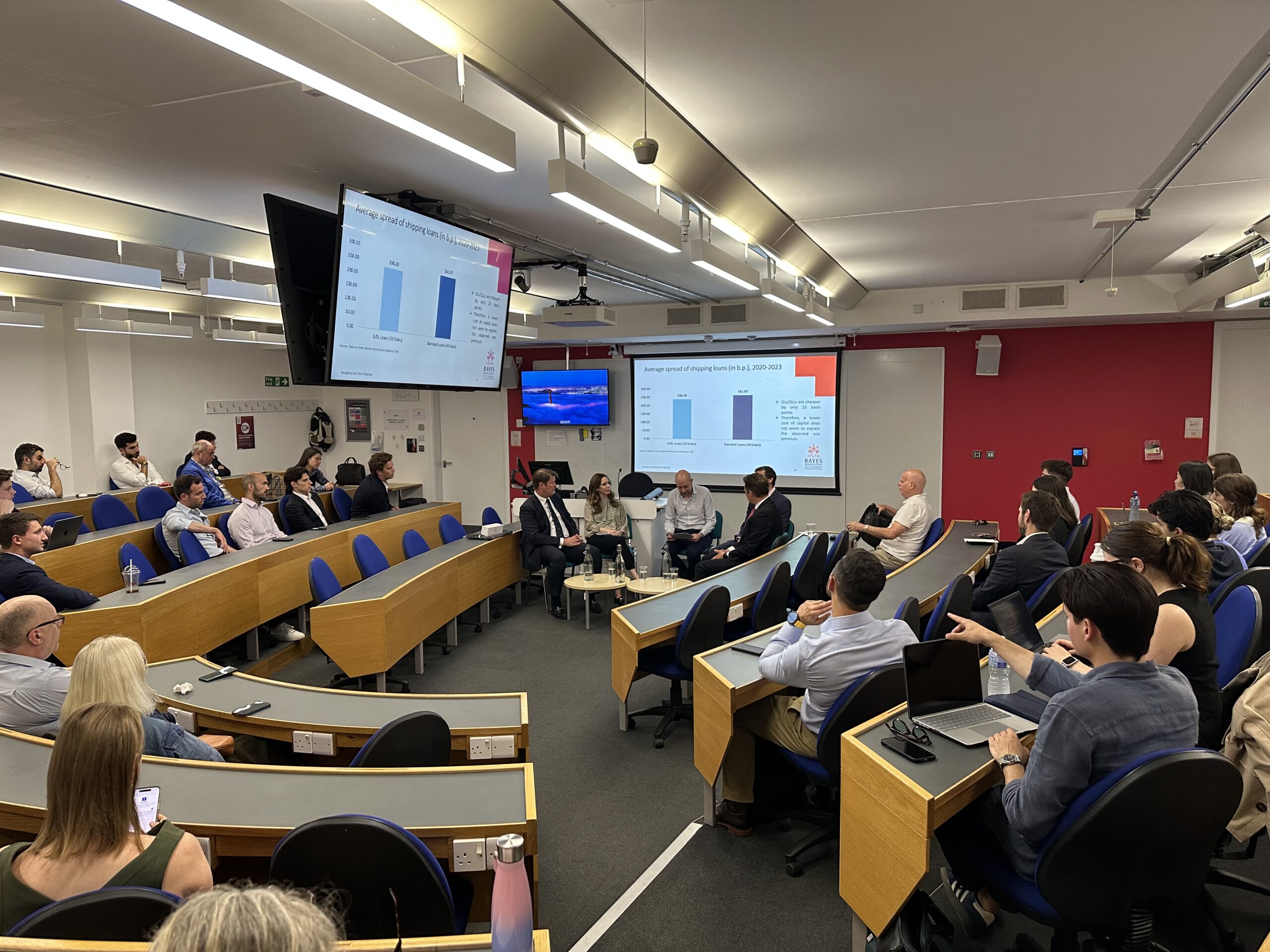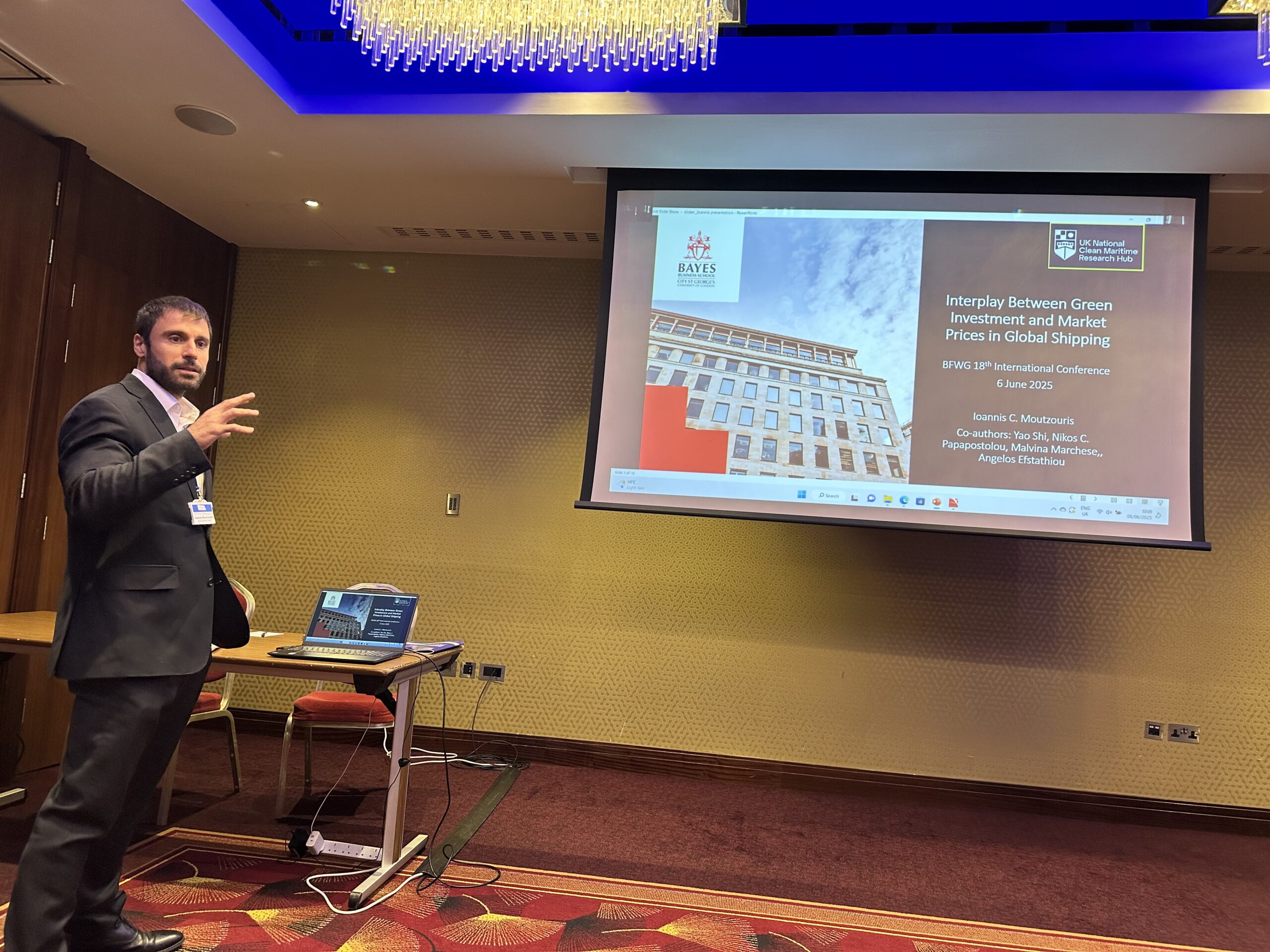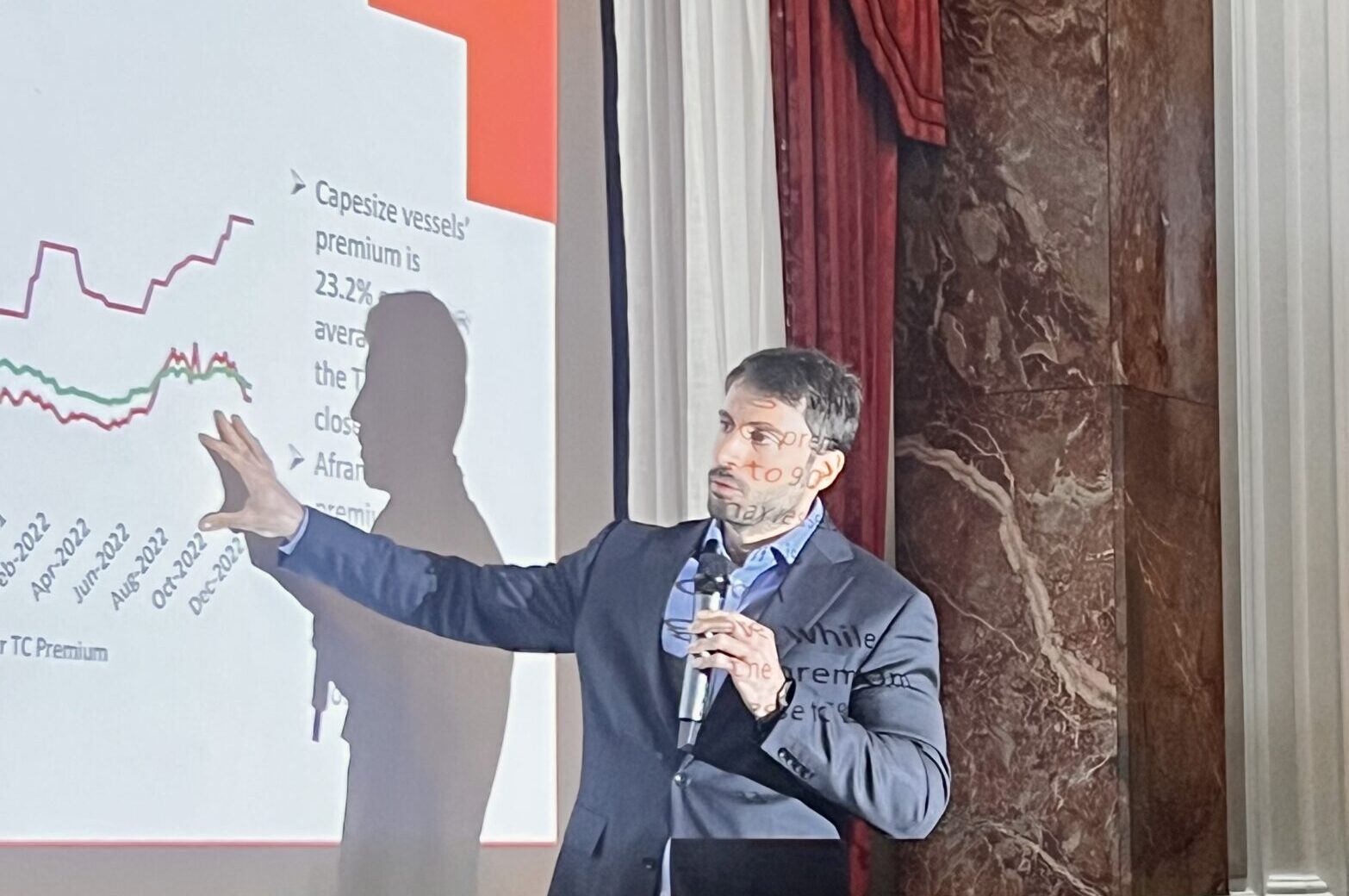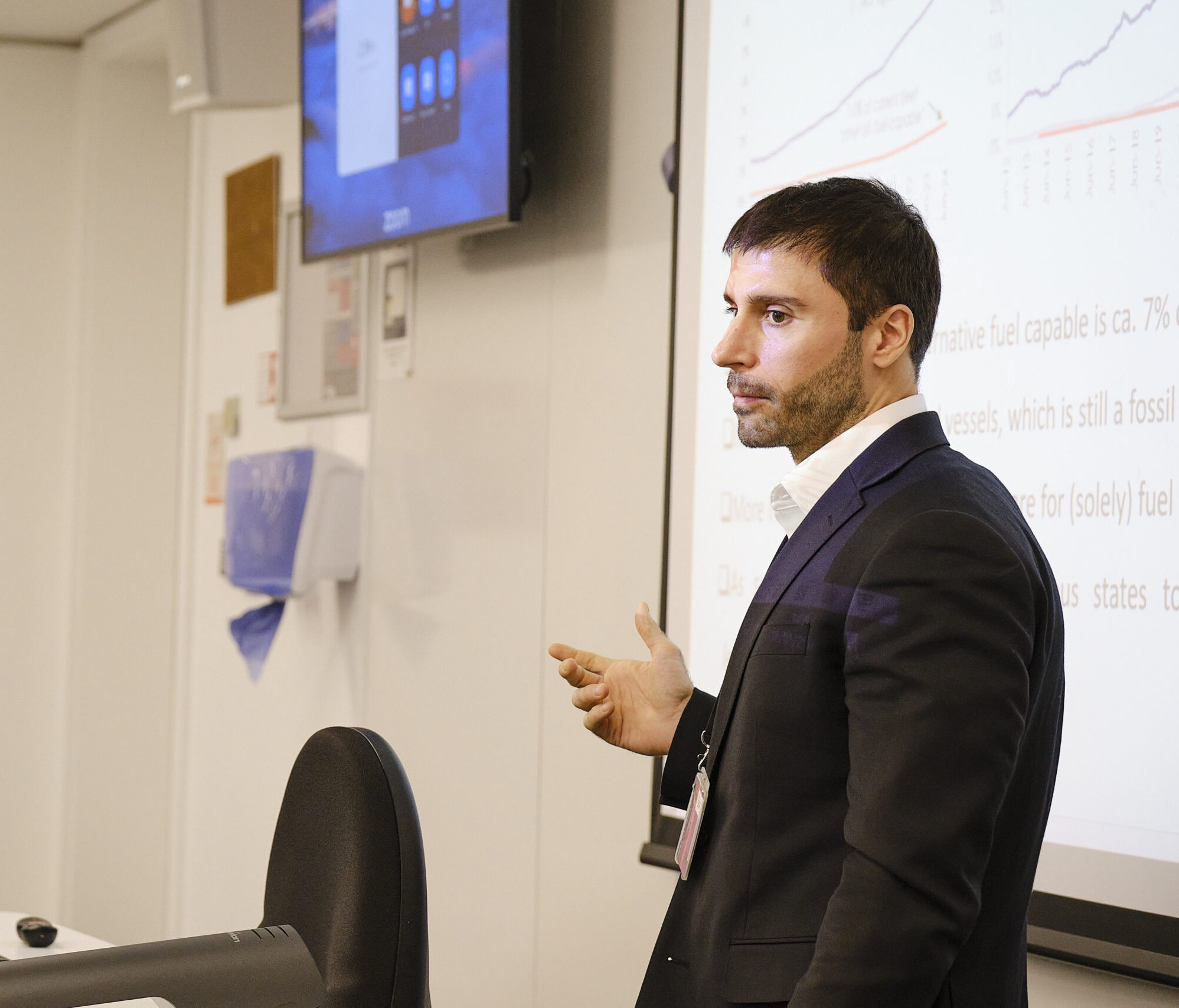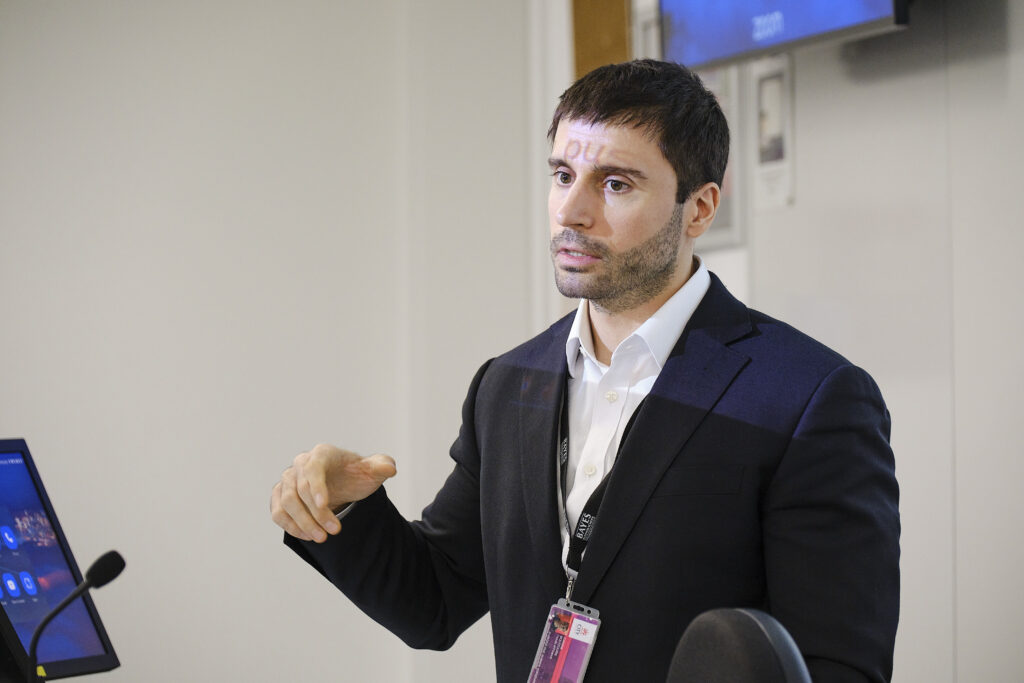
Clean Maritime Assembly 2025: Poster Winners & Photo Mosaic
We’d like to extend our sincere thanks to everyone who attended the Clean Maritime Assembly 2025. It was fantastic to see such strong engagement from both industry professionals and academic experts. The event was filled with vibrant discussions, valuable insights, and a real sense of shared purpose. Your contributions helped create an inspiring atmosphere, and we’re grateful for the energy and enthusiasm you brought to the day.
A particular highlight of the 2 days were the poster presentations, which showcased some impressive research being done to decarbonise the maritime sector. These displays not only allowed attendees to engage with cutting-edge research and innovation, but also provided researchers—especially early-career participants—with a valuable opportunity to enhance their presentation and communication skills. The breadth and depth of work on display reflected the sector’s commitment to a cleaner maritime future. We’d like to thank all entrants for their contributions and are delighted to announce the winners, as voted by you!
Poster Competition Winners
1st Place: Prathmesh Rane, University of Manchester and Port of Dover: Smart Seas, Safe Harbours: A Digital Twin for the Port of Dover
2nd Place: Ugochukwu Ngwaka, Durham University: Vessel design and efficiency – A decision support tool for energy systems, energy consumption, lifecycle emissions and cost analysis
3rd Place: Dibyendu Roy, Durham University: Molten Carbon Fuel Cell Based Power and Propulsion System with Integrated Carbon Capture
Photo Mosaic
On Day 1 of the Assembly, the day was captured in photos, to produce a photo mosaic. If you were there, take a look and see if you can spot yourself or your colleagues. It’s a great snapshot of the energy and collaboration that defined the day.
Thanks again for being part of the Clean Maritime Assembly and for your valuable feedback which will help shape future events. Watch this space as we add the presentations from the Assembly to our Resources library!

